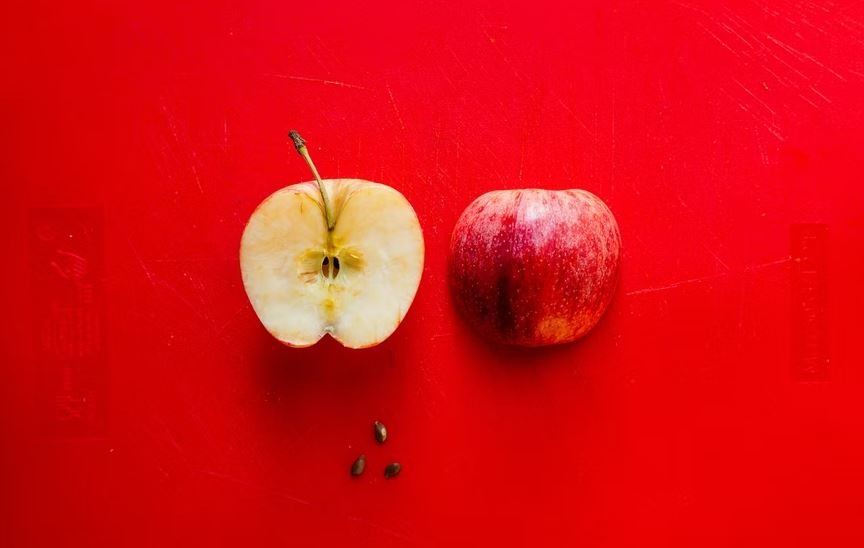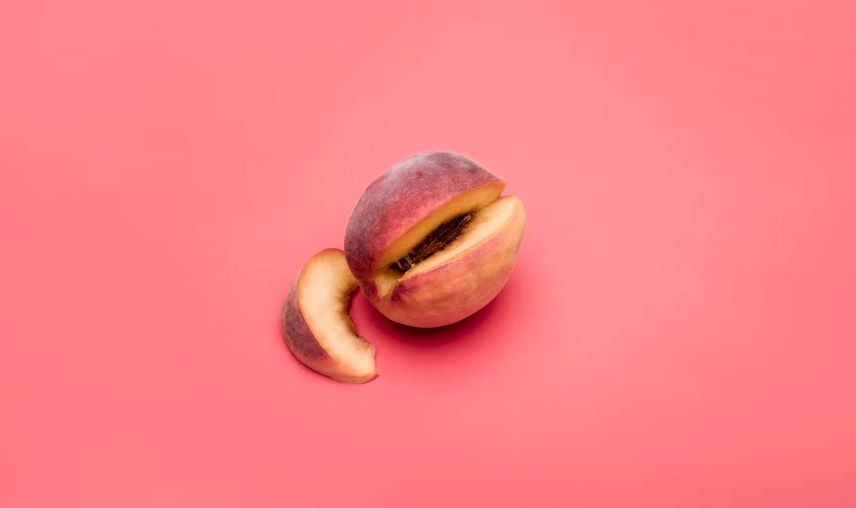Compared to food allergies in milk, eggs, peanuts, soy, mollusk, and crustaceans, fruit allergies are quite unusual. While they’re rare, no one should take them for granted, as an allergic reaction can be fatal if immediate medical attention isn’t provided. With that, it’s vital to know which fruits trigger allergies the most, their causes, and symptoms, as doing so could save you and your loved one’s life. So, continue reading below as we’ll delve deeper into the common fruits that cause allergic reactions and everything else you need to know about fruit allergic reactions.
What is an Allergy?
An allergy is the immune system’s reaction after the consumption or getting in contact with a particular substance that’s not typically dangerous to the body. Such substances are deemed as allergens, which can include pollen, grass, dust, chemicals, and food. Exposure to these allergens even in the smallest amounts can trigger various signs and symptoms, including hives, digestive issues, and anaphylactic shock. Specifically, food allergy affects around 6-8% of kids below the age of three and 3-4% of adults.
What is Fruit Allergy?
A number of fruits have been recorded to cause allergic reactions. It usually occurs within minutes after consumption or contact, though signs and symptoms may also appear up to 1-2 hours. Allergens in fruits come from various allergen classes, so individuals may experience different reactions to a specific fruit.
Fruit allergies are commonly linked with pollen-food allergy or oral allergy syndrome (OAS). It results from cross-reactivity, wherein the immune system ‘sees’ the resemblance of the common allergen pollen to the proteins present in raw fruits. Thus, triggering an allergic reaction in some people with the ‘false’ recognition.
Pollen-food allergy may cause different signs and symptoms, ranging from mild to uncomfortable, severe, and even fatal.
Common signs and symptoms are as follows:
- Nausea
- Diarrhea
- Abdominal Pain
- Sneezing
- Nasal Congestion
- Tingling or Itching in the Mouth
- Lightheadedness
- Swelling of Lips, Tongue, and Throat
In severe reactions, anaphylaxis may happen. It’s important to seek emergency medical attention and rush to the nearest hospital should these signs and symptoms are present:
- Constricted Airways
- Low Blood Pressure
- Dizziness
- Rapid Pulse
- Loss of Consciousness
- Shock
Common Fruits That Cause Allergic Reactions
Various fruits may trigger allergic reactions but some of the most prevalent are reactions to the following fruits:
1. Apple
Allergies to apples are linked primarily to oral allergy syndrome (OAS) as most of the affected individuals are reacting to a protein present in apples that’s akin to protein available in the birch tree pollen. This type of allergy commonly affects older kids and adults living in areas with cooler climates and where a lot of birch trees are found. Often, cooking apples prevents allergic reactions as it destroys the allergen present in the fruit.
Meanwhile, a more serious type of apple allergy is linked to peach allergies. Apples contain a protein closely similar to a protein present in peaches. Symptoms usually start immediately after consuming and can be very severe. Cooking usually won’t suffice in removing the allergen in this type of apple allergy.
2. Peach
Like apples, peaches also contain a protein that’s similar to the birch-pollen. Patients will experience swelling and redness of the lips, and itching of mouth and throat within 5-15 minutes of eating the fruit.
However, there’s also a specific peach protein that directly causes the allergic reaction. Symptoms are also more severe, including vomiting, urticaria, abdominal pain. It usually occurs when peaches are eaten with the peel.
The specific peach protein is tough and can survive even after the fruit has been made into juices or purees. People who have this type of peach allergy won’t even be able to consume cooked or processed peaches.
3. Tomatoes
Just in case you’re wondering, tomatoes are botanically considered as fruits as they form from a ripened flower ovary and have seeds. Tomato allergies are linked to pollen-food allergy, but this time the body recognizes the protein in the fruit with the pollen present in grass. Melons and oranges may also trigger the same grass-pollen allergy.
However, other people aren’t actually allergic to tomatoes, but rather have an intolerance to it. The IgE protein present in raw tomatoes is the culprit, which most people’s bodies cannot tolerate. Usually, people who experience this type of tomato allergy can’t consume raw tomatoes but are able to eat cooked ones.
4. Strawberries
While it’s delightful to bite strawberries, it’s another common fruit that causes allergic reactions. Experts trace strawberry allergy to the allergen called Fragaria allergen 1 (Fra a1), a protein that is responsible for the red color of strawberries. This protein is similar to that of apples and birch. Thus, triggering another cross-sensitivity reaction. People who are allergic to strawberries are advised to stay away from dried strawberries, strawberry jam, strawberry candles and other products that have strawberries in them.
5. Kiwi
Kiwi are becoming a popular, nutritious and colorful addition to many people’s diet. Plus, it’s an excellent source of vitamin C and helps boost weight loss. However, it’s also becoming one of the most common fruit allergies across the globe. Similar to most other fruits, reaction is due to the cross-reaction with birch pollen.
However, people who are allergic to latex must also be cautious as proteins found in latex are also found in kiwi. As such, consuming kiwi may result in gastrointestinal, skin, and other severe systemic reactions.
6. Citrus Fruits
Citrus fruits also cause allergic reactions in a number of people. Yet, it isn’t with citric acid they’re allergic to as it does not trigger an immune response. Rather, the allergen present in citrus fruits, such as lemons, limes, grapefruit, and oranges, are the proteins like pectin, profilin, and other lipid transfer proteins.
Most signs and symptoms of citrus fruit allergy occur after drinking or consuming the fruit. However, some people may experience an allergic reaction by merely touching the fruit. People with this type of citrus fruit allergy are likely allergic to the chemical called limonene, which is present in the peel of citrus fruit.
Fragrances, soaps, essential oils and other products may contain limonene, so it’s essential to read the labels of the items with citrus fruit ingredients.
Takeaway
Fruit allergy can be a serious condition. As much as possible, watch out for any signs, symptoms, and reactions carefully. Should you know fruits you’re allergic to, it’s best to cut back on these fruits. It isn’t true that eating a little bit won’t hurt, as even small amounts can result in a severe reaction and be life-threatening. Talk to your healthcare practitioner and keep these allergens from your diet, so you can stay safe and live well.









